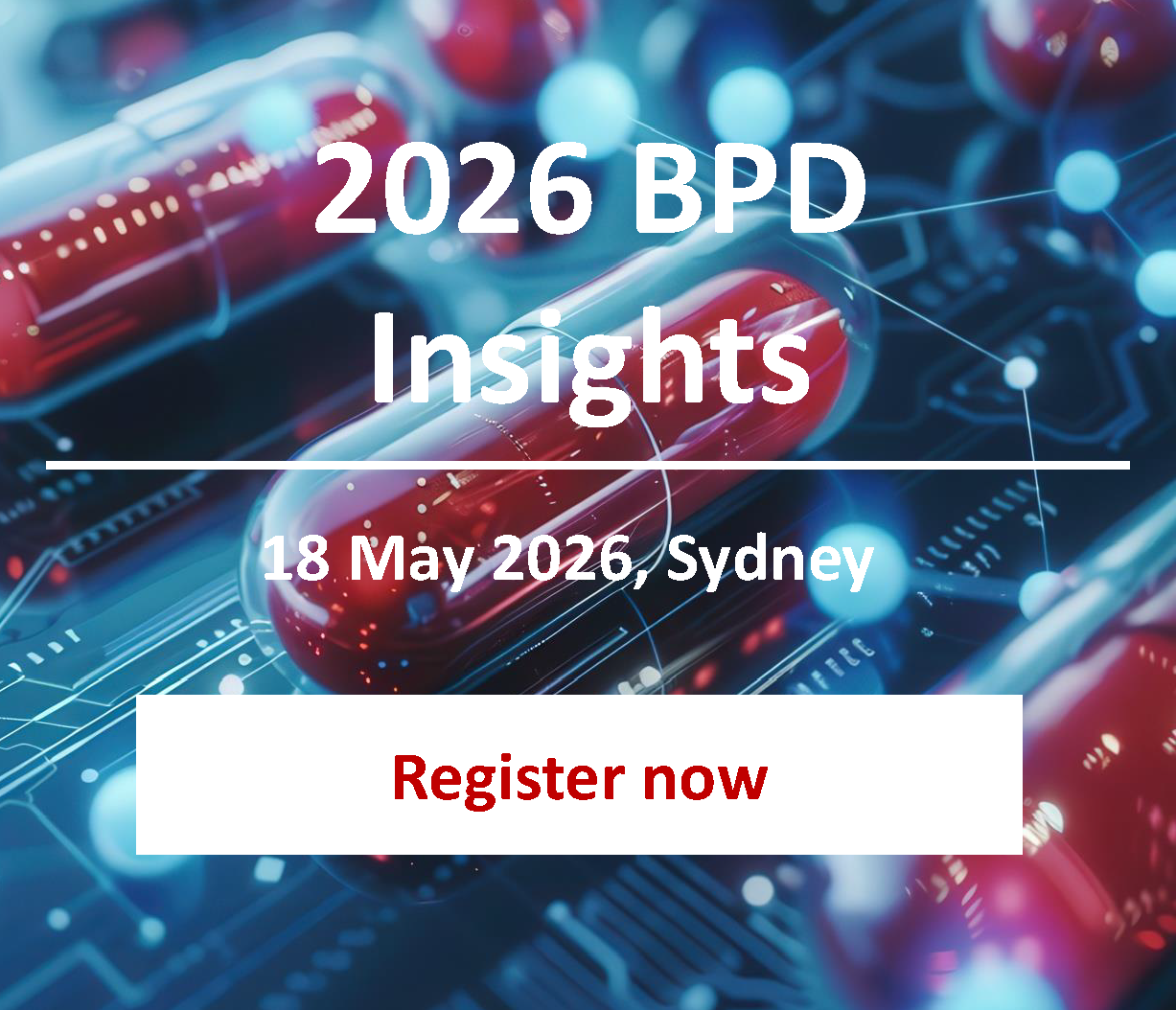PharmaDispatch interviewed Elizabeth Rex, AbbVie's Director of Communications and Patient Relations.
Rex joined AbbVie in 2013, after a successful career in the mining and financial services sector.
Rex was one of two pharmaceutical industry executives named in a recent list of Australia's most influential corporate affairs practitioners, along with Sanofi's Alan Brindell.

However, unlike Brindell, who has spent over two decades working in pharmaceutical companies, Rex is relatively new to the industry. She says her wider recognition is significantly a reflection of her previous roles.
Rex says that one of the things that surprised her about the pharmaceutical industry was the complexity of the day-to-day issues.
"All global industries are complex," she says. "But I think what makes the pharmaceutical industry unique is that the complexity has multiple layers."
According to Rex, managing issues in the pharmaceutical industry requires an in-depth understanding of "virtually everything" because each part of the company is "completely interdependent, which is reflected in how we manage external issues."
"You really can't get away with having superficial knowledge," she says.
Rex agrees with Brindell's assessment that, while criticism of the industry can be readily made in one sentence, responses tend to be longer and more detailed, reflecting the highly complex nature of many issues a company manages.
"This is reality," she says.
"The external view might be that a particular issue is very 'commodity', in that it's simple and straightforward, and that may have been my impression before joining AbbVie, but once you're inside you start to appreciate and understand the complexity."
One thing that Rex observed early on at AbbVie was the level of passion amongst her colleagues, a point Brindell also made about Sanofi.
"That level of passion has made me realise why people who get to the industry tend to stay," she says. "They feel a real commitment and passion for what we do."
"Of course, we're dealing with very serious issues, which is not say that issues in mining and financial services aren't serious, but what makes the pharmaceutical industry different is that virtually every issue we deal with is very serious.
"You're often talking about somebody's health, which really elevates the importance, and often the urgency."
Rex says that this "importance" means you develop a sense that, "what you're doing really matters."
On how she made the switch to the pharmaceutical industry, Rex says that she wishes she had found the industry ten years ago.
"It was a big break to get them to take a chance on me. I told the recruiter I didn't know the industry - it was the first thing I said, but they convinced me to have a conversation with Kirsten (AbbVie, Managing Director). To be honest, we really clicked and it went from there.
"It was an incredible privilege to move across into an industry like pharmaceuticals," Rex says.
Patient advocacy is a strong focus for AbbVie, according to Rex, which also brings the discussion to wider industry issues.
"I would like to think I can contribute to working with colleagues across the industry on overcoming this simplified view of our industry.
"There are so many positives with the industry, and clear demonstrations of how important it is to patients and the wider economy.
"We know this, and maybe we can feel more confident in expressing our views, in addition to getting on with it," Rex says.
"Authenticity is key", she says. "We have to walk the talk and be consistent."
"Whether it's an MSL with a doctor, or a patient relations manager with a patient organisation, in any of those situations we need to be clear, consistent, and be open to collaborating with every other stakeholder."


